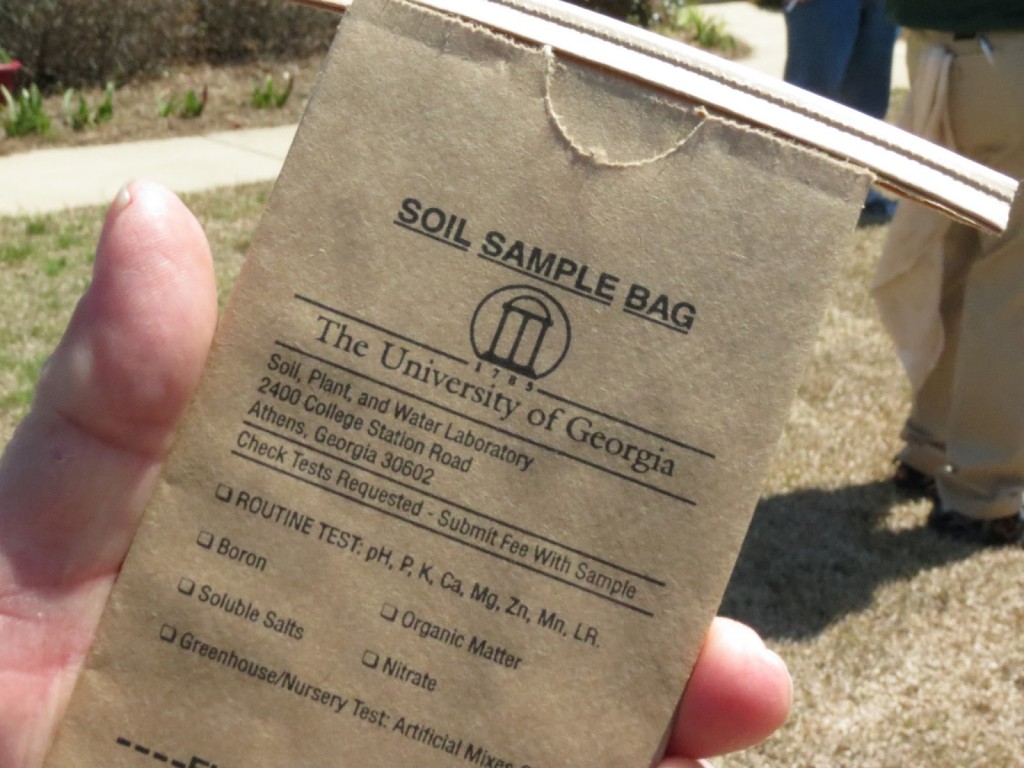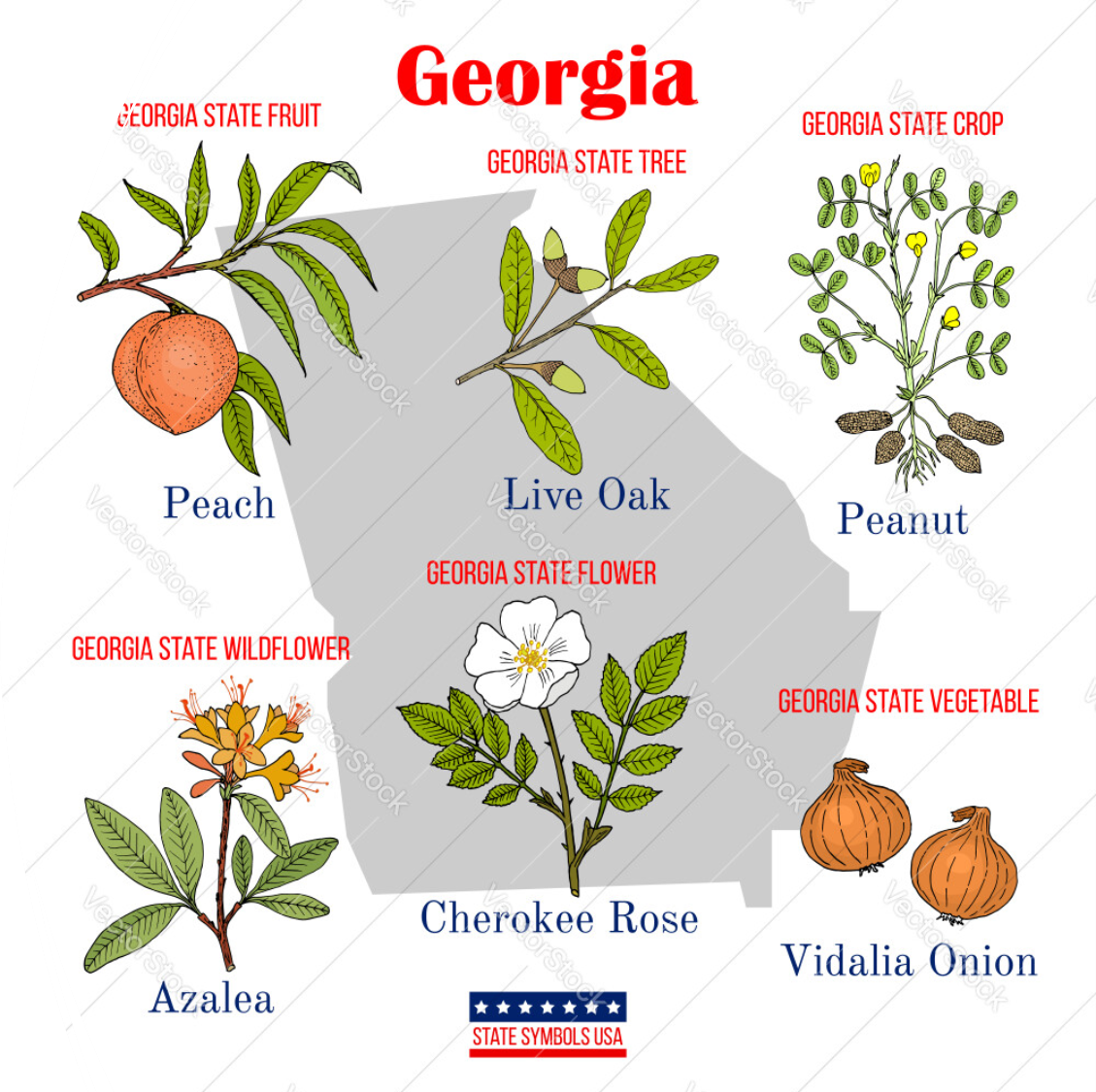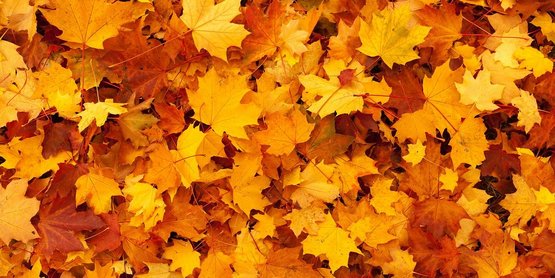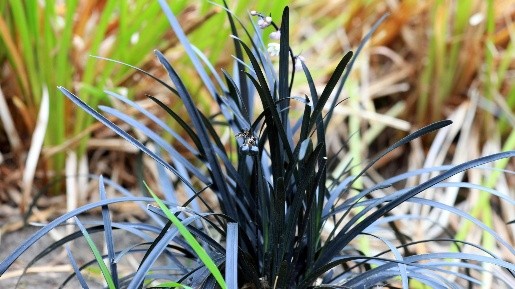Recent Posts
-

Across the United States and in Georgia, the number of small and medium–sized farms are declining and the average age of farmers is on the rise. We need new farmers, but the barriers potential farmers face when trying to grow new agricultural businesses from the ground up can be challenging. UGA Extension has developed the Journeyman…
-

Number of subsamples A composite soil sample is made up of a number of individual subsamples taken at random over a given area. The purpose of this is to minimize the variability that exists. This variation may have been caused by previous lime and fertilizer applications or slight soil variations. If an insufficient number of…
-

Being from South, we are all familiar with kudzu, the invasive vine that ate the South. However, are you familiar with the other invasive plants? Invasive species are any species that are non-native and harm the local ecosystem. When these non-native plants and animals establish themselves in our local ecosystems, they outcompete and dislodge species…
Posted in: Uncategorized -

As winter settles in and the first frost blankets the ground, you may already be dreaming of warmer weather and the return of gardening season. You may already be thinking about spring and considering what to plant beyond just seasonal vegetables. It’s important to start thinking about these changes you may want to make, not…
Posted in: Uncategorized -

As we transition from fall into early winter, we imagine the beauty of spring wildflowers. You can set the stage for a healthy, vibrant spring garden by aligning your planting strategy with nature’s rhythm. But as with anything, success depends on several key factors, including timing, preparation, and knowing your local climate. We are in…
-

Close your eyes, you are sitting on your porch, “Georgia On My Mind” is playing in the background. You are eating a juicy peach* and then you hear an American green tree frog melodious trill. Does this make you think of the other Georgia symbols? Most of the symbols denote agriculture, nature, and flowers. Agribusiness…
-

Remember when you were a kid, and you’d get tucked in on all sides nice and snug for a good night’s rest so you’d be ready to go the next day? Your gardens need that same care in late fall to have the best start in the spring. Some call it “putting the garden to…
-
Whether you’re a seasoned composter or just starting out, fall is the perfect time to build a nutrient-rich pile from your garden cleanup. In Fall specifically, you are probably cleaning up your gardens from summer. Browns (carbon-rich) provide structure and absorb excess moisture. Greens (nitrogen-rich) add nutrients and help the pile heat up. Important Tips…
-

Where do insects and other invertebrates go in the winter? The vast majority “overwinter,” or spend winter, right where they spent all summer — just less active and more hidden. Think twice before you rake, mow, and blow this year. Invertebrates rely on fallen leaves and other organic debris to cover and insulate them from…
Posted in: Uncategorized -

As the air grows crisp and the nights get longer, there’s something magical about spending time in the garden during the Fall. With Halloween around the corner, why not embrace the season’s spooky spirit and plant a garden that looks like it leapt straight out of a ghost story? Whether you’re decorating for trick-or-treaters, planning…
Posted in: Uncategorized